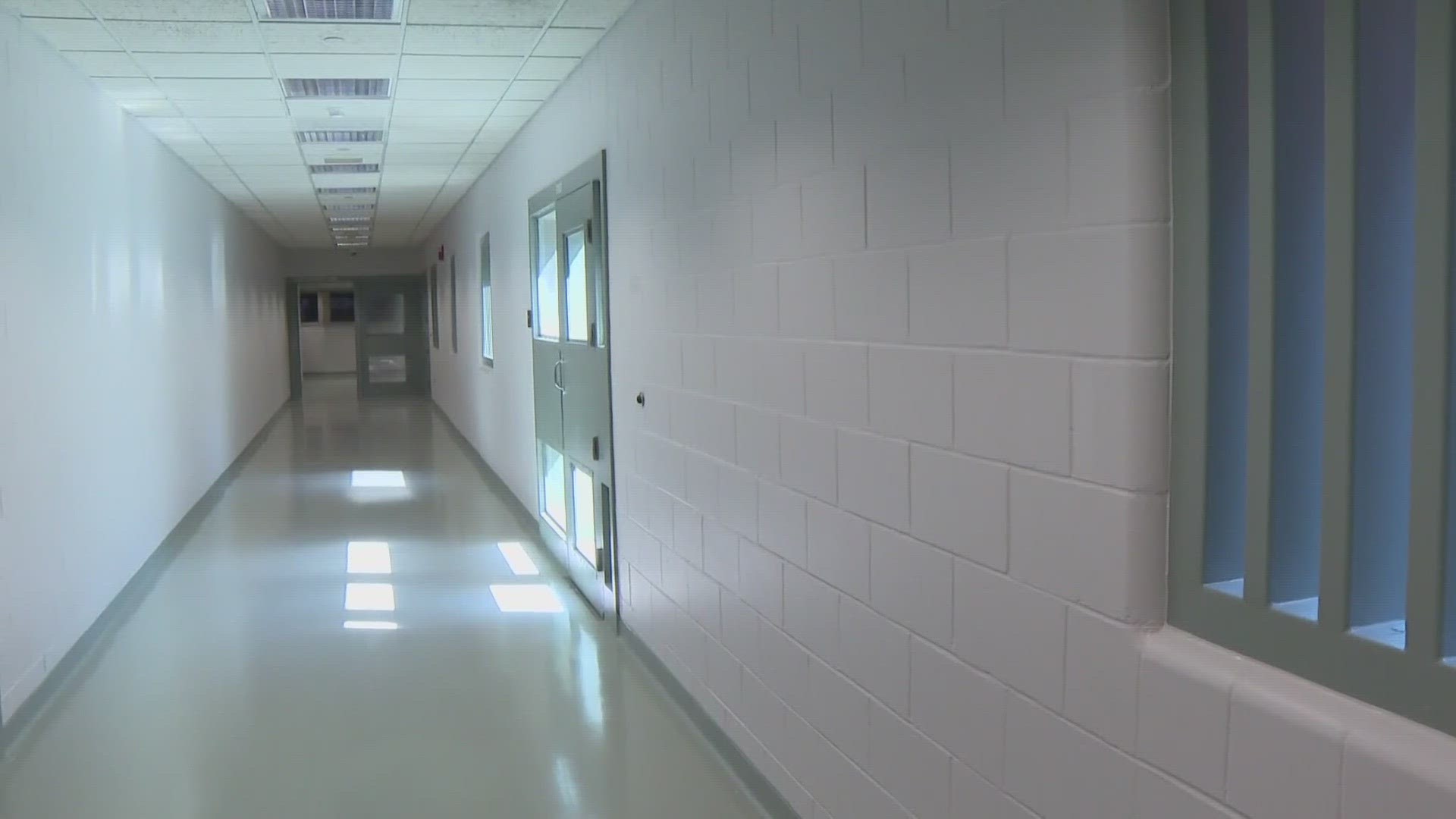PORTLAND, Maine — A new law recently signed by Gov. Janet Mills seeks to better protect domestic violence victims from their abusers who secure an early release from jail. The law, LD 692, requires notifying survivors and ensuring that an inmate is not a threat before they are allowed to enter a community confinement monitoring program.
Nicole LeProhon said the warning signs in her marriage started shortly after her oldest daughter was born five years ago.
"A lot of intimidation, he would get mad at me for very little things," LeProhon said.
LeProhon said her husband began isolating her from her friends. She and her young girls were also cut off from her mother and grandmother. He also attacked her physically, and one day it went too far.
"He had his hands wrapped around my neck as well, I thought, 'This is not going to end well if I stay,'" LeProhon said, holding back tears.
LeProhon's husband was arrested and charged with domestic assault. But her peace was very short-lived.
"He was in jail for a few hours and I had taken the kids, we were in hiding," LeProhon explained.
Because he was a first-time offender, LeProhon's husband was allowed to plead no contest and take a certified batterer's intervention program.
Earlier this spring, LeProhon joined more than a half dozen survivors in testifying for a proposal that sets news restrictions for domestic abuse offenders who are eligible for an early release after serving a third of their sentence.
Patrisha McLean, a domestic violence survivor and founder of Finding Our Voices, pushed for the legislation after hearing from a survivor who discovered through social media that her abuser who had been in jail was back on the street.
"She didn't even know he was out; she thought she had a little time when she thought [she] had some safety and [to] prepare for his release," McLean explained.
The bill was signed into law by Gov. Mills in May, whose portrait is one of thousands on survivor posters scattered from business storefronts to high schools across the state. The law sets new restrictions for inmates participating in a community confinement monitoring program for all Maine county jails.
Efforts must be made to notify the victim before and after an inmate is granted early release. An inmate's criminal history and whether that person would pose a risk in the community must also be considered.
"I think a lot of sheriffs are reluctant to release domestic violence cases anyway; I think this is really a good bill to support," Kevin Joyce, the Cumberland County sheriff, told lawmakers.
As for LeProhon—she lives in constant fear her abuser will try to harm her again or her daughters. But she has a little more peace of mind thanks to the new law.
"If they are aware of when their abuser comes out of jail and prison, they can make arrangements to be safe," LeProhon added.
And a chance to stay alive.
The Maine Statewide Crisis Hotline number is 1-888-568-1112. For more information on domestic abuse resources and programs, click here.

